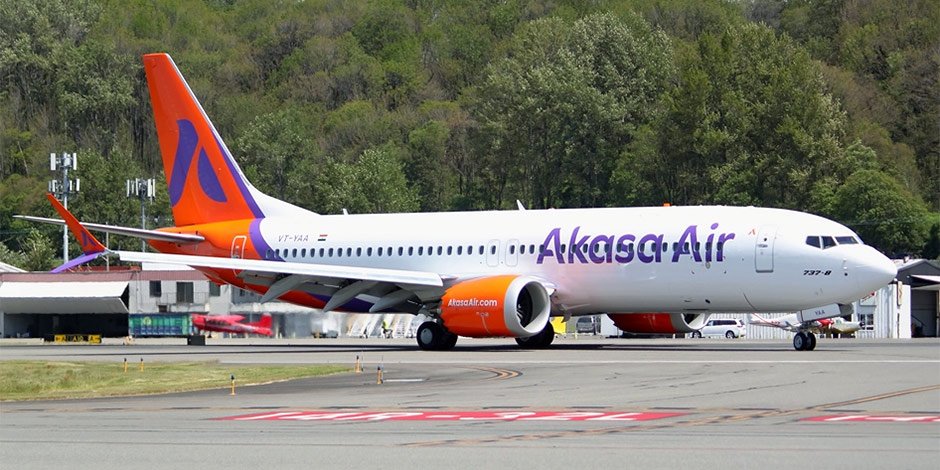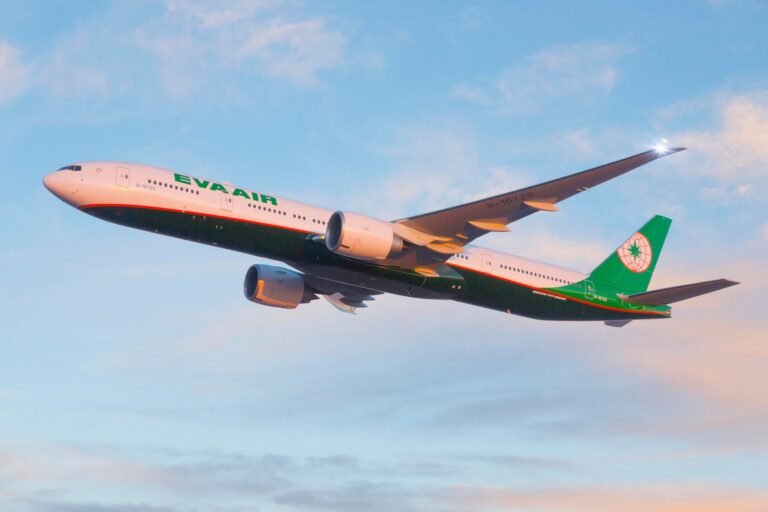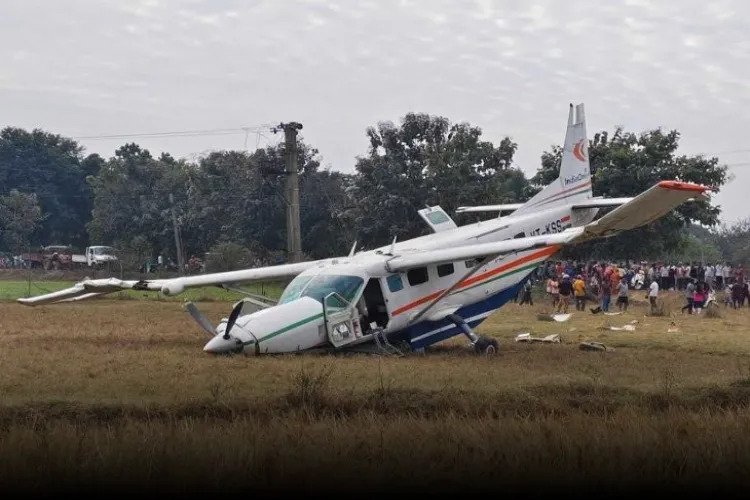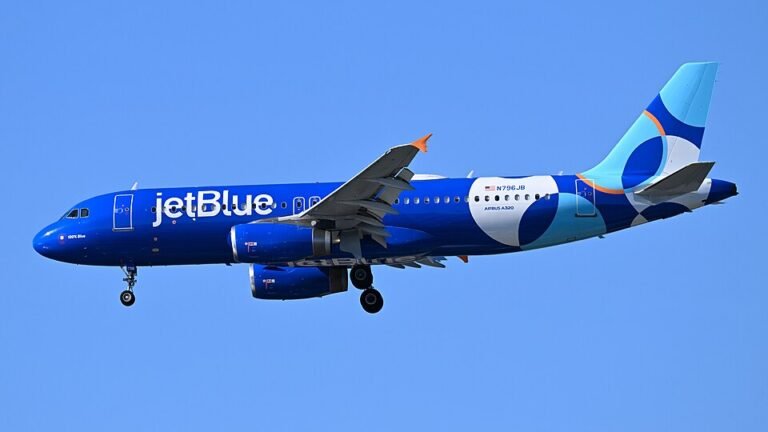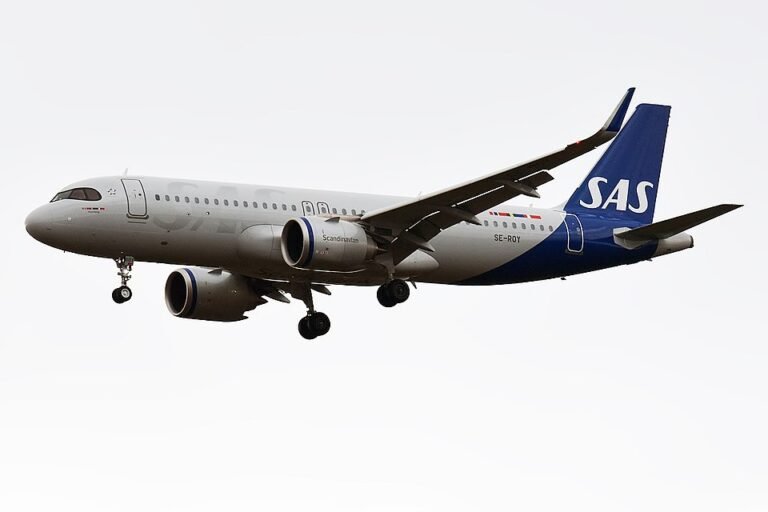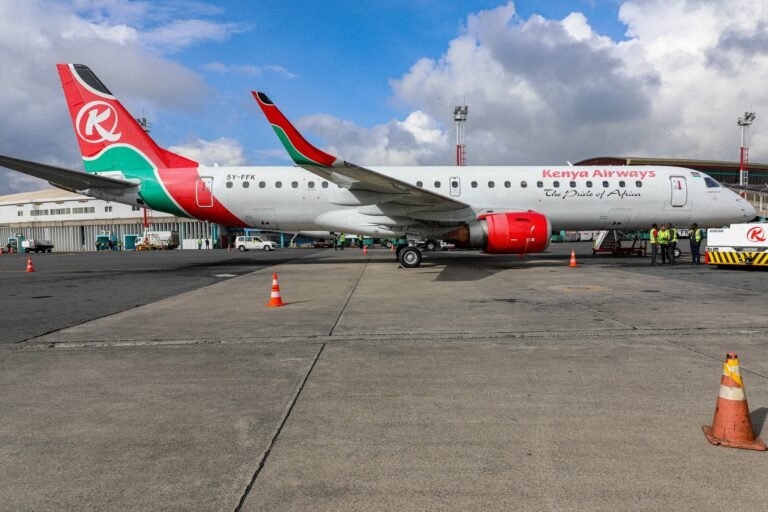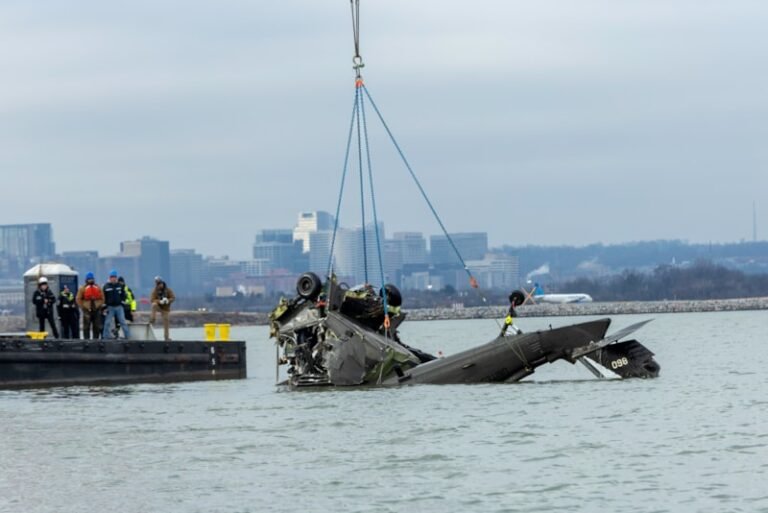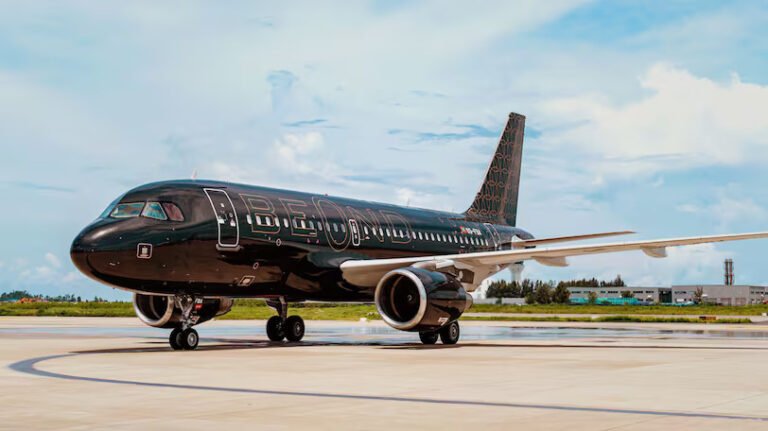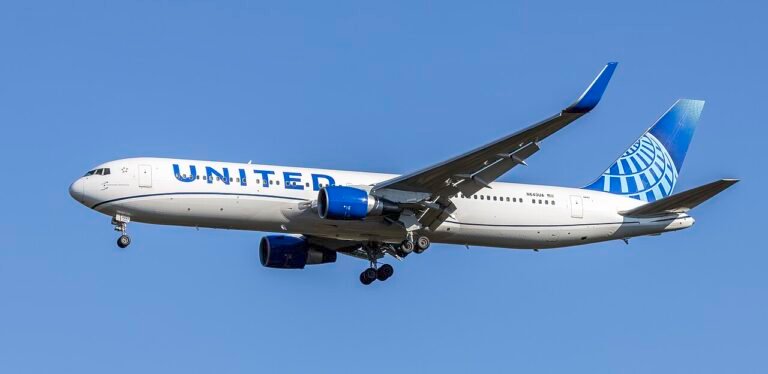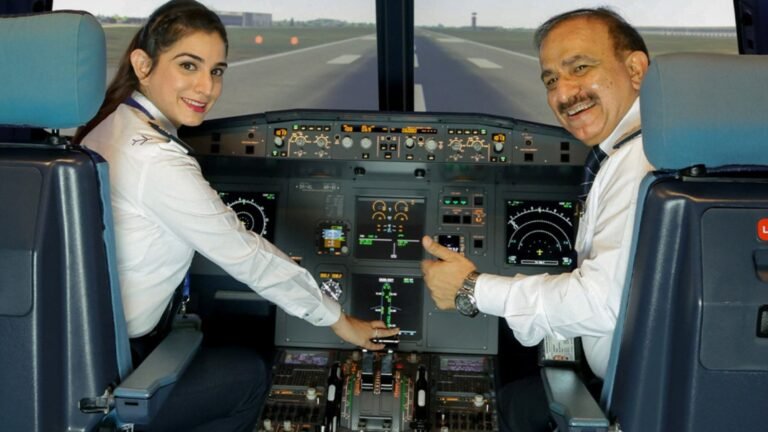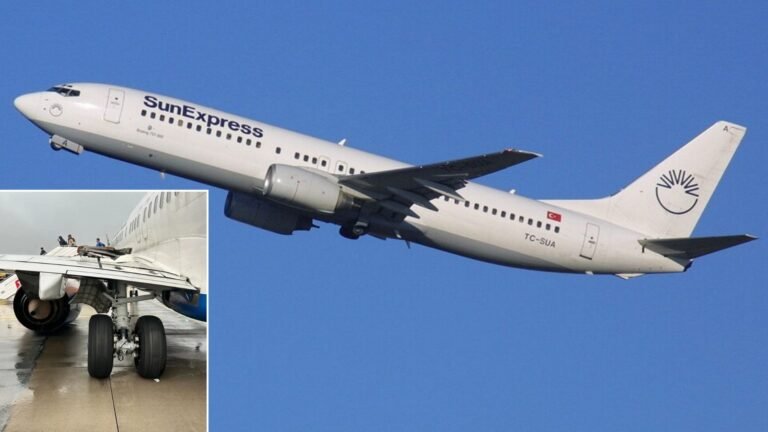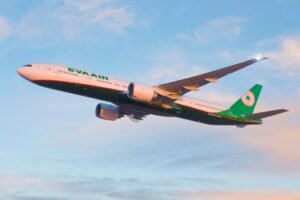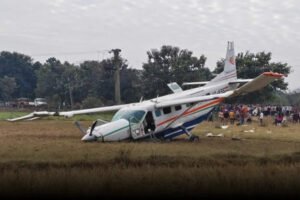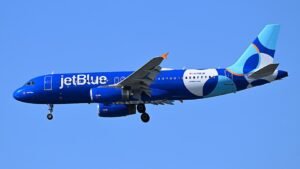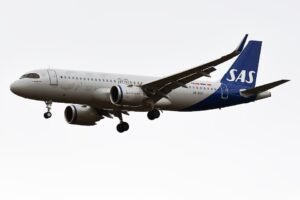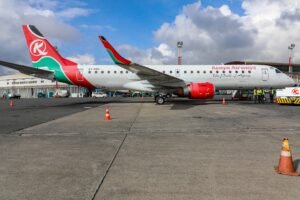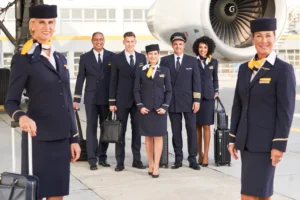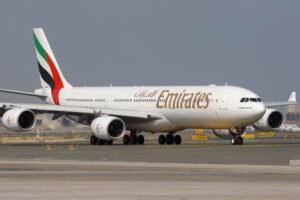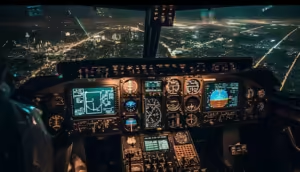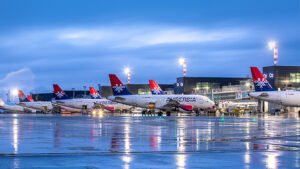Image source: Airlines Inform
India: The Directorate General of Civil Aviation (DGCA) has suspended two senior officials of Akasa Air – Director of Training Niraj Bhatia and Director of Flight Operations Floyd Gracious for six months due to serious problems with their pilot training.
This decision follows an October audit revealing that Akasa Air failed to comply with Required Navigation Performance (RNP) approaches, a vital safety standard in modern aviation.
What Went Wrong?
The audit found that Akasa Air was using flight simulators that were not approved for RNP training. These approaches rely on satellite-based navigation systems to help pilots fly accurate paths, ensuring safe landings, especially in difficult weather conditions. The DGCA pointed out that Akasa Air’s failure to comply with aviation safety rules created potential risks.
What are RNP Approaches?
RNP approaches are advanced navigation techniques that use satellite signals to guide planes along precise flight paths. They are essential for safe operations, particularly in areas with complex airspace or bad weather.
The DGCA had issued show-cause notices to the two officials, but their responses were not satisfactory, leading to their suspensions. They were found responsible for failing to ensure proper training and not meeting the required safety standards.
Training and Pilot Challenges
Akasa Air has also faced criticism over its training practices. The airline reportedly asked for exemptions from operating in low-visibility conditions at Kolkata and Bengaluru this winter, which raised concerns given its fleet size. This request suggests the airline may have a shortage of pilots trained for such situations.
Despite having 26 aircraft, Akasa employs over 840 pilots, far more than needed. Many of these pilots are reportedly not being used enough, with little flying or training opportunities, leading to dissatisfaction and allegations of mismanagement.
Other Operational Issues
Akasa is also dealing with delays in receiving new aircraft from Boeing, which has hurt its ability to generate revenue from aircraft sales and leases. These delays, combined with operational and financial challenges, have put additional pressure on the young airline.
In response to the DGCA’s decision, Akasa Air emphasized that safety is its top priority. A spokesperson said, “Safety is our top priority, and we are committed to maintaining the highest standards.” The airline has promised to cooperate fully with the regulator and fix the identified issues.
What’s Next?
The DGCA has asked Akasa Air to find replacements for the suspended officials and review its training programs. The airline will need to ensure its pilots are properly trained for RNP approaches, which are becoming a global standard.
Follow Aviation Today for more updates!

